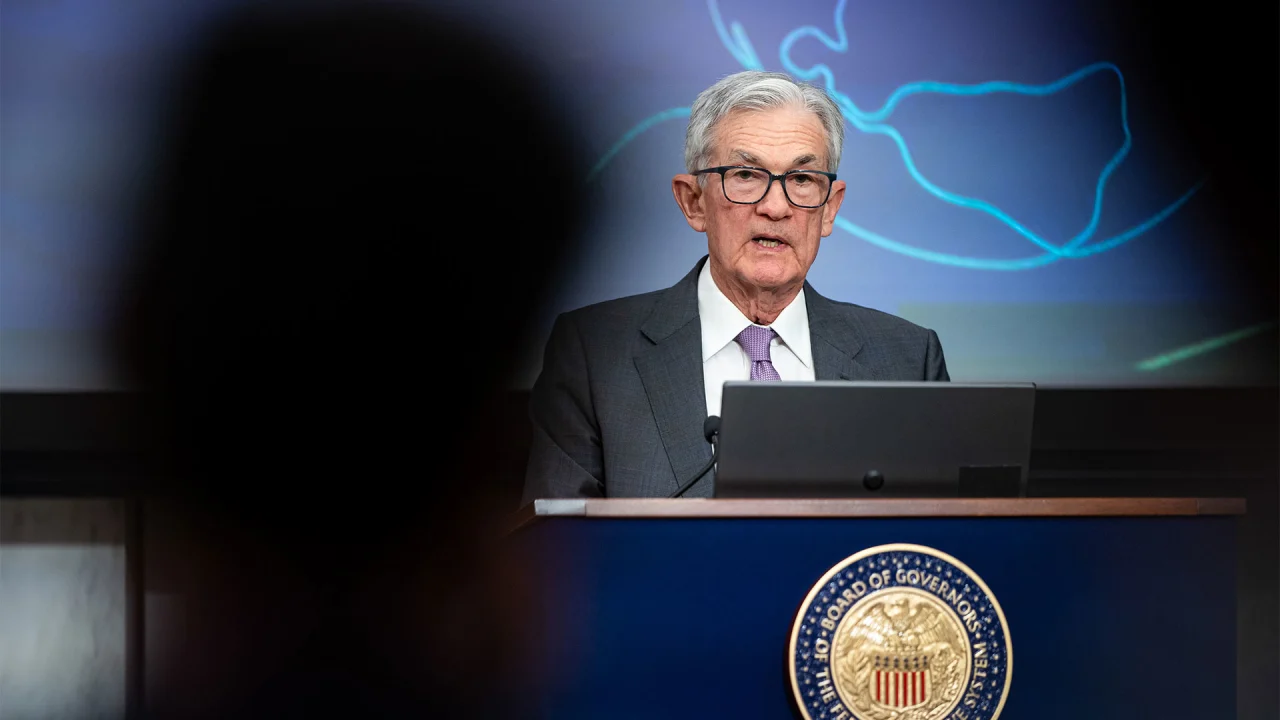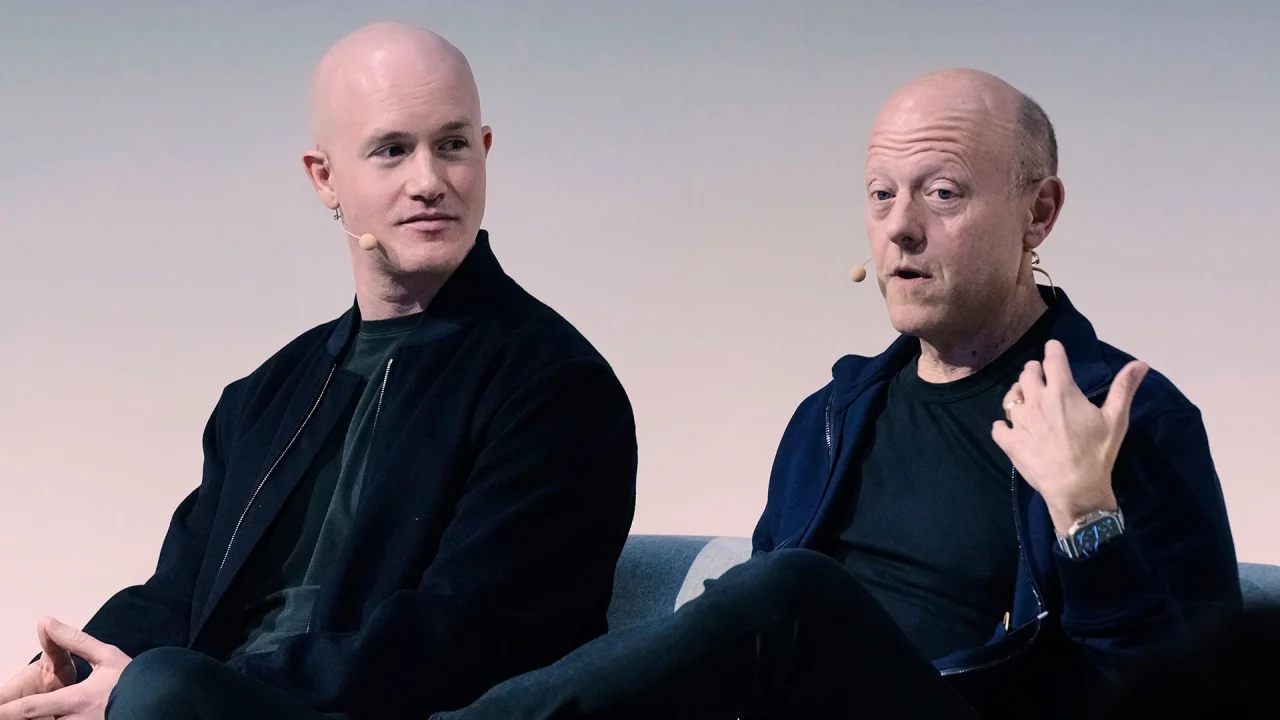How Michigan Attorney General Dana Nessel is shaping the legal resistance to Trump
In 2014, five years before Dana Nessel became the attorney general of Michigan—back when she was still running her own law firm—she took on a pivotal case challenging the state’s ban on same-sex marriage and adoption by same-sex couples. The case put her in direct opposition to her predecessor and attorney general at the time, Bill Schuette, who she says fought “tooth and nail” to uphold the state law. During the trial, Schuette hired experts who used spurious anti-LGBTQ+ rhetoric to defend the law. “[They] said that gay people were going to hell,” Nessel recalls. “On the stand—under oath, getting paid by our tax dollars—they made arguments that same-sex couples couldn’t appreciate the sanctity of marriage. Another argument was that the children of same-sex couples would be more likely to go to prison, or become addicted to drugs or alcohol, or become criminals. I had to sit there with my future wife, who was at the table with me and also worked on the case, and listen to these arguments being made.” Nessel ultimately won the case, which was then consolidated with other lawsuits and appealed to the Supreme Court as part of the landmark case Obergefell v. Hodges, paving the way for the national legalization of same-sex marriage. In 2019, when she assumed the role of attorney general, Nessel became the first openly LGBTQ+ person elected to statewide office in Michigan—as well as the first Democrat to hold the position in over 15 years. An office that represents each and every person Coming into the role, she felt strongly about sharply deviating from Schuette’s record. “I wanted my department to operate in a very different way than the office had operated under him and his predecessor, which was very discriminatory against the LGBTQ community,” she says. “Case after case after case, they took the side of discrimination. I wanted it to be an office that represented each and every person in my state and thought that the Department of Attorney General should be used to advance people’s rights and not to impugn them. So that’s what I tried to do.” In the six years since she took office, Nessel has made a name for herself in Michigan as a progressive darling and a fierce critic of President Trump, dating back to his first term in office. In 2022, Nessel successfully argued a case before the Michigan Supreme Court that people should be protected against discrimination on the basis of sexual orientation or gender identity under the state’s civil rights law. Over the years, Nessel has worked with legislators to advance multiple bills intended to mitigate gun violence, which have now been enacted into law. She supported the charges brought after the 2021 mass shooting at Oxford High School in southeast Michigan, which set a legal precedent for demanding accountability from the parents of a school shooter. Nessel also continued to push for further scrutiny of the school’s responsibility and is currently overseeing an investigation alongside local prosecutors. In December, she joined a coalition of attorneys general as part of a concerted effort to hold the firearms industry accountable for its role in perpetuating gun violence. After Roe v. Wade fell, Nessel refused to enforce an abortion ban dating back to 1931 that was still technically in effect in Michigan. The law has since been struck down, and Michigan voters also passed a constitutional amendment to enshrine access to abortion care; the state has also repealed a number of TRAP laws that imposed stringent restrictions on people seeking abortions. “It’s easy to lose sight of the fact that we did make some progress, even in areas where it seems like we’ve lost significant rights,” Nessel says of the state’s progress on abortion access. “It’s sort of paradoxical, but in some ways, in Michigan, [after] that decision, we actually have more rights when it comes to access to reproductive care.” Nessel has presided over a number of high-profile cases, including an investigation into how Michigan State University handled allegations of sexual abuse brought against Larry Nassar and lawsuits brought against opioid distributors and the leading manufacturers of PFAS, otherwise known as forever chemicals. Early into her tenure, she established a hate crimes unit in response to an uptick in incidents across the state of Michigan. She has also faced her share of criticism, particularly in recent months, following her decision to pursue multiple cases involving pro-Palestinian activists—and at a time when the Trump administration has explicitly cracked down on student protesters who support Palestine. The attorney general’s office had brought a case against student protesters who were arrested at the University of Michigan last year, though the charges were recently dropped by Nessel. The office is, however, still pursuing charges against activists who allegedly vandalized the homes of university officials and a handful of businesses. “It’s a

In 2014, five years before Dana Nessel became the attorney general of Michigan—back when she was still running her own law firm—she took on a pivotal case challenging the state’s ban on same-sex marriage and adoption by same-sex couples. The case put her in direct opposition to her predecessor and attorney general at the time, Bill Schuette, who she says fought “tooth and nail” to uphold the state law.
During the trial, Schuette hired experts who used spurious anti-LGBTQ+ rhetoric to defend the law. “[They] said that gay people were going to hell,” Nessel recalls. “On the stand—under oath, getting paid by our tax dollars—they made arguments that same-sex couples couldn’t appreciate the sanctity of marriage. Another argument was that the children of same-sex couples would be more likely to go to prison, or become addicted to drugs or alcohol, or become criminals. I had to sit there with my future wife, who was at the table with me and also worked on the case, and listen to these arguments being made.”
Nessel ultimately won the case, which was then consolidated with other lawsuits and appealed to the Supreme Court as part of the landmark case Obergefell v. Hodges, paving the way for the national legalization of same-sex marriage. In 2019, when she assumed the role of attorney general, Nessel became the first openly LGBTQ+ person elected to statewide office in Michigan—as well as the first Democrat to hold the position in over 15 years.
An office that represents each and every person
Coming into the role, she felt strongly about sharply deviating from Schuette’s record. “I wanted my department to operate in a very different way than the office had operated under him and his predecessor, which was very discriminatory against the LGBTQ community,” she says. “Case after case after case, they took the side of discrimination. I wanted it to be an office that represented each and every person in my state and thought that the Department of Attorney General should be used to advance people’s rights and not to impugn them. So that’s what I tried to do.”
In the six years since she took office, Nessel has made a name for herself in Michigan as a progressive darling and a fierce critic of President Trump, dating back to his first term in office. In 2022, Nessel successfully argued a case before the Michigan Supreme Court that people should be protected against discrimination on the basis of sexual orientation or gender identity under the state’s civil rights law.
Over the years, Nessel has worked with legislators to advance multiple bills intended to mitigate gun violence, which have now been enacted into law. She supported the charges brought after the 2021 mass shooting at Oxford High School in southeast Michigan, which set a legal precedent for demanding accountability from the parents of a school shooter. Nessel also continued to push for further scrutiny of the school’s responsibility and is currently overseeing an investigation alongside local prosecutors. In December, she joined a coalition of attorneys general as part of a concerted effort to hold the firearms industry accountable for its role in perpetuating gun violence.
After Roe v. Wade fell, Nessel refused to enforce an abortion ban dating back to 1931 that was still technically in effect in Michigan. The law has since been struck down, and Michigan voters also passed a constitutional amendment to enshrine access to abortion care; the state has also repealed a number of TRAP laws that imposed stringent restrictions on people seeking abortions. “It’s easy to lose sight of the fact that we did make some progress, even in areas where it seems like we’ve lost significant rights,” Nessel says of the state’s progress on abortion access. “It’s sort of paradoxical, but in some ways, in Michigan, [after] that decision, we actually have more rights when it comes to access to reproductive care.”
Nessel has presided over a number of high-profile cases, including an investigation into how Michigan State University handled allegations of sexual abuse brought against Larry Nassar and lawsuits brought against opioid distributors and the leading manufacturers of PFAS, otherwise known as forever chemicals. Early into her tenure, she established a hate crimes unit in response to an uptick in incidents across the state of Michigan.
She has also faced her share of criticism, particularly in recent months, following her decision to pursue multiple cases involving pro-Palestinian activists—and at a time when the Trump administration has explicitly cracked down on student protesters who support Palestine. The attorney general’s office had brought a case against student protesters who were arrested at the University of Michigan last year, though the charges were recently dropped by Nessel. The office is, however, still pursuing charges against activists who allegedly vandalized the homes of university officials and a handful of businesses.
“It’s about me investigating and prosecuting people who are alleged to have committed crimes, period,” Nessel says of the vandalism cases. “And I would do this if these individuals supported LGBTQ rights; I would do it the exact same way if they supported reproductive rights. I would do it irrespective of whatever cause they support. It’s not their rationale for having committed these crimes—it’s their actions. That’s my job. I’m the top law enforcement officer in the state, and I take that job very seriously.”
“This administration has absolutely no regard for the law”
Perhaps most notably, Nessel has emerged as a formidable figure in the legal resistance to the Trump administration. “In no way, shape, or form does this resemble a normal presidency,” Nessel says of Trump’s return to the White House. “This administration just has absolutely no regard for the law or the Constitution or any of our American governmental norms, and they’ve continued to break down all of our societal norms that I would submit are the things that make America great. So it concerns me when I see elected leaders who treat President Trump as though he is a good faith actor.”
Nessel’s approach is also notable as a stark contrast to how Michigan’s governor has responded to Trump in his second term. Prior to his inauguration, Governor Gretchen Whitmer, a Democrat who sparred with Trump in his first term, indicated she would find ways to work with him, citing the fact that Michigan helped elect him—a reversal from her posture prior to the election. “I don’t want to pretend like we’ll always agree, but I will always seek collaboration first,” Whitmer said in January. “I won’t go looking for fights, but I won’t back down from them either. I’m not here to play games. I’ve got a job to do.”
Since then, Whitmer has visited the White House and met with Trump multiple times, leading the president to openly praise her and note that she had done “an excellent job” in her capacity as governor. (During the pandemic, Trump had insulted her and described her as “that woman in Michigan.”)
“The governor and I are independently elected office holders,” Nessel says. “I don’t tell her how to do her job, and she doesn’t tell me how to do mine.” But she adds that she has “grave concerns about the policy of appeasement” and believes that Trump can’t be trusted to keep his promises about how he could help the state of Michigan. While Whitmer has engaged with Trump, Nessel has secured several temporary injunctions to push back on his administration’s attempts to curtail crucial federal funding allocated to the state; she has also joined many lawsuits brought alongside other attorneys general, targeting Trump’s executive order to limit birthright citizenship and the mass layoffs he ordered across the federal workforce.
“These orders are just ridiculous”
Trump’s prolonged attacks on diversity, equity, and inclusion efforts have also led him to target state and local education agencies: In a memo last month, the administration ordered public schools to eliminate DEI programs or risk losing their federal funding. Nessel was among a coalition of attorneys general who sued in response to prevent the education department from withholding financial support from states like Michigan, which was allocated nearly $1.3 billion in federal funding for fiscal year 2024.
“The orders from the federal government are just ridiculous on their face,” she says. “They don’t even define what they consider to be diversity, equity, and inclusion. Even if one desperately wanted to comply with the federal orders, it would be impossible to do so because there’s no real definition of it. To simply eliminate all of this incredibly important programming and then to threaten our educational systems, whether we’re talking about K-12 [or] colleges and universities—it’s just so horrific to do that in no sane way and with no interest in looking to see if this is a program that is effective and is actively helping the community that it purports to serve.”
Of course it’s not just formal diversity programs in schools or corporate DEI initiatives that have been a target under this administration. Since his first term, Trump has chipped away at LGBTQ+ rights, escalating many of those efforts in the past few months by issuing wide-ranging executive orders that restrict access to gender-affirming care, erase protections for queer students, and ban transgender people from the military—a policy that was upheld by a Supreme Court ruling in May.
In this moment of intense backlash and upheaval, Nessel feels an especially urgent responsibility to stay the course and advocate for the LGBTQ+ constituents that she represents. “It’s more important than ever to have people in these positions who are representatives of the communities and who are fighters for the community,” she says. “So that people know you do still have somebody in your corner, and you have people who are willing to file these lawsuits and willing to fight on behalf of [those] who oftentimes feel like they have no voice. That’s what I’ve done the entire time I’ve been in office—and that’s what I’m going to continue to do.”

































































![https //g.co/recover for help [1-866-719-1006]](https://newsquo.com/uploads/images/202506/image_430x256_684949454da3e.jpg)



































































